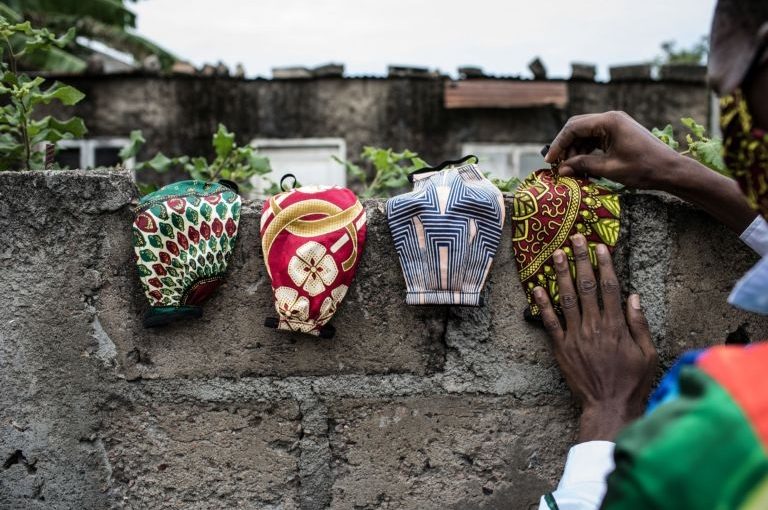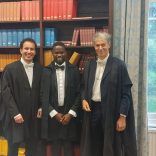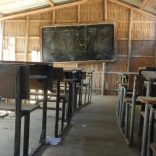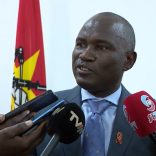Termination of allowances for Mozambican medical interns seems irreversible; the consequences ...
Mozambique: “Don’t relax fight against Covid-19”, warns minister

File photo: Lusa
Mozambican Health Minister Armindo Tiago on Friday warned against the dangers of relaxing observance of the restrictive measures intended to reduce the spread of the Covid-19 respiratory disease.
Tiago, who is accompanying President Filipe Nyusi on a working visit to the central province of Sofala, said in Beira that it would be imprudent for citizens to think that, just because the state of emergency is over, all the measures used to fight against Covid-19 can be relaxed.
The state of emergency, decreed on 1 April, expired, after 120 days, at midnight on Wednesday. The main purpose of the state of emergency was to save lives, Tiago said, and in this it was successful. To date, there have only been 11 deaths in Mozambique from Covid-19. That is just 0.4 deaths per million inhabitants – the lowest death rate of any mainland southern African country.
As of Thursday, Mozambique had recorded 1,808 cases of the coronavirus that causes Covid-19, and 638 (35.28 per cent) of these have made a full recovery.
“If we relax, the gains will be lost”, said Tiago, “and we could have a substantial number of deaths. That is not our goal”.
There have been some worrying signs, such as transport operators ignoring the social distancing norms, and overloading their vehicles once again.
The Minister said his message to fellow citizens is that the restrictive measures must stay in place, regardless of the state of emergency or any other legal framework that may be imposed.
The Mozambican constitution limits a state of emergency to a maximum of 120 days, and so Nyusi could not extend it. With the end of the state of emergency, many of the restrictive measures cease to have the force of law – but in his speech to the nation on Wednesday, the President urged people to continue obeying them anyway, as a matter of public health.
Among the measures are the closure of all schools, the closure of bars and places of nocturnal entertainment , a ban on public political, religious, cultural and sporting events that are likely to attract crowds, limitations on the number of people who can attend funerals, and compulsory wearing of masks in most public places.
Tiago said the government has done its part, “and did it well. It is now up to each citizen to maintain the gains that have been made”.
He added that Nyusi will soon make another address to the nation, outlying the options that should now be taken to hold Covid-19 at bay.
Nyusi’s hands are to some extent tied by the constitutional requirement that he must deliver a report on the state of emergency to the country’s parliament, the Assembly of the Republic. The Assembly’s governing board, the Standing Commission, is due to discuss the report on Friday.
Decisions on the strategy and measures to be adopted will then be taken, and announced by Nyusi, though so far there is no firm date for the President’s second address.












Leave a Reply
Be the First to Comment!
You must be logged in to post a comment.
You must be logged in to post a comment.